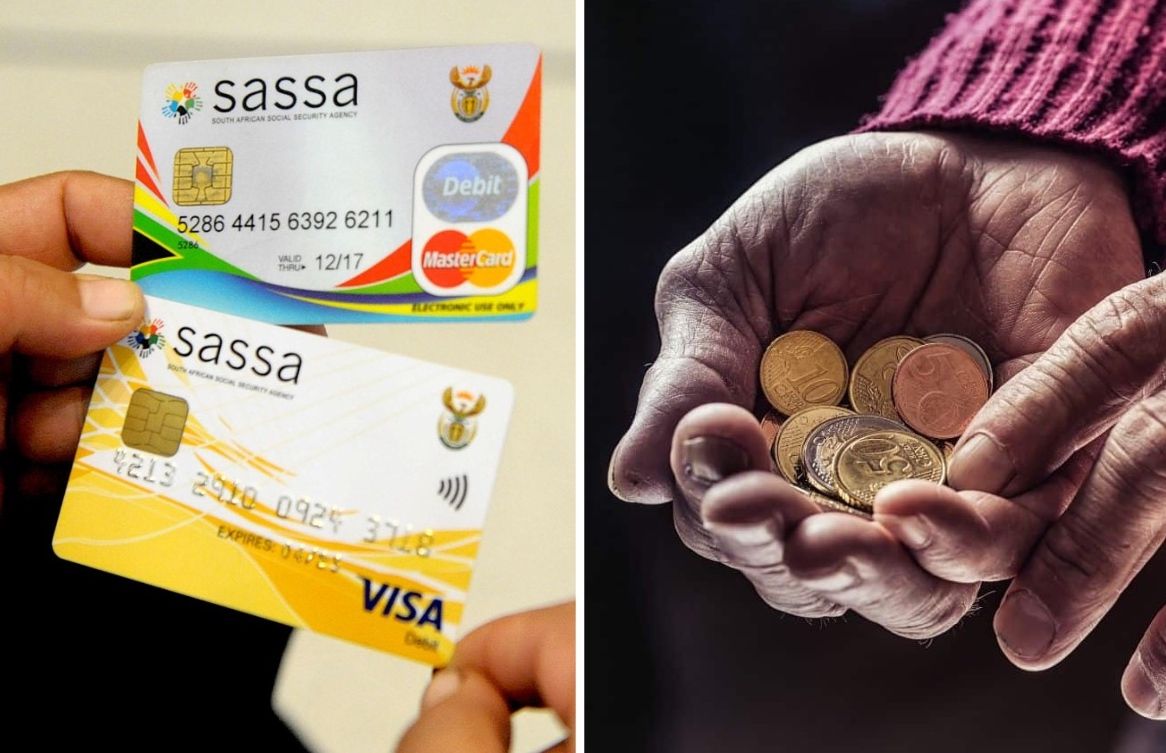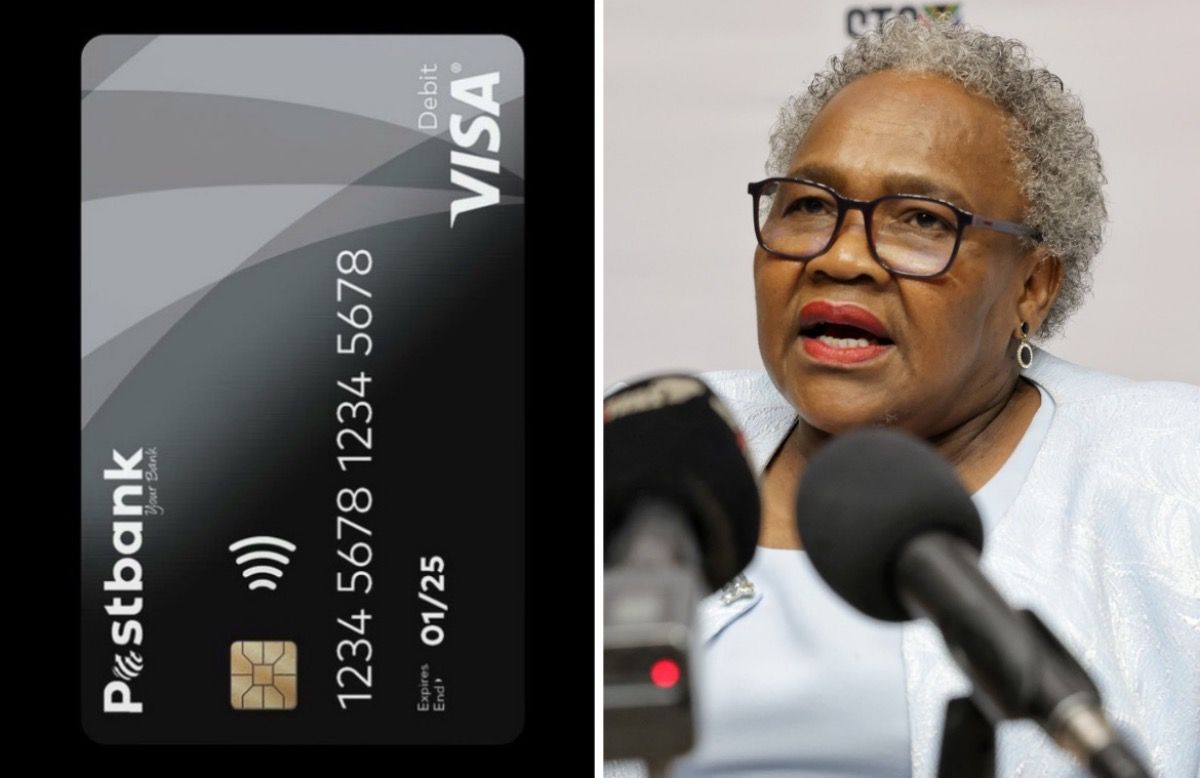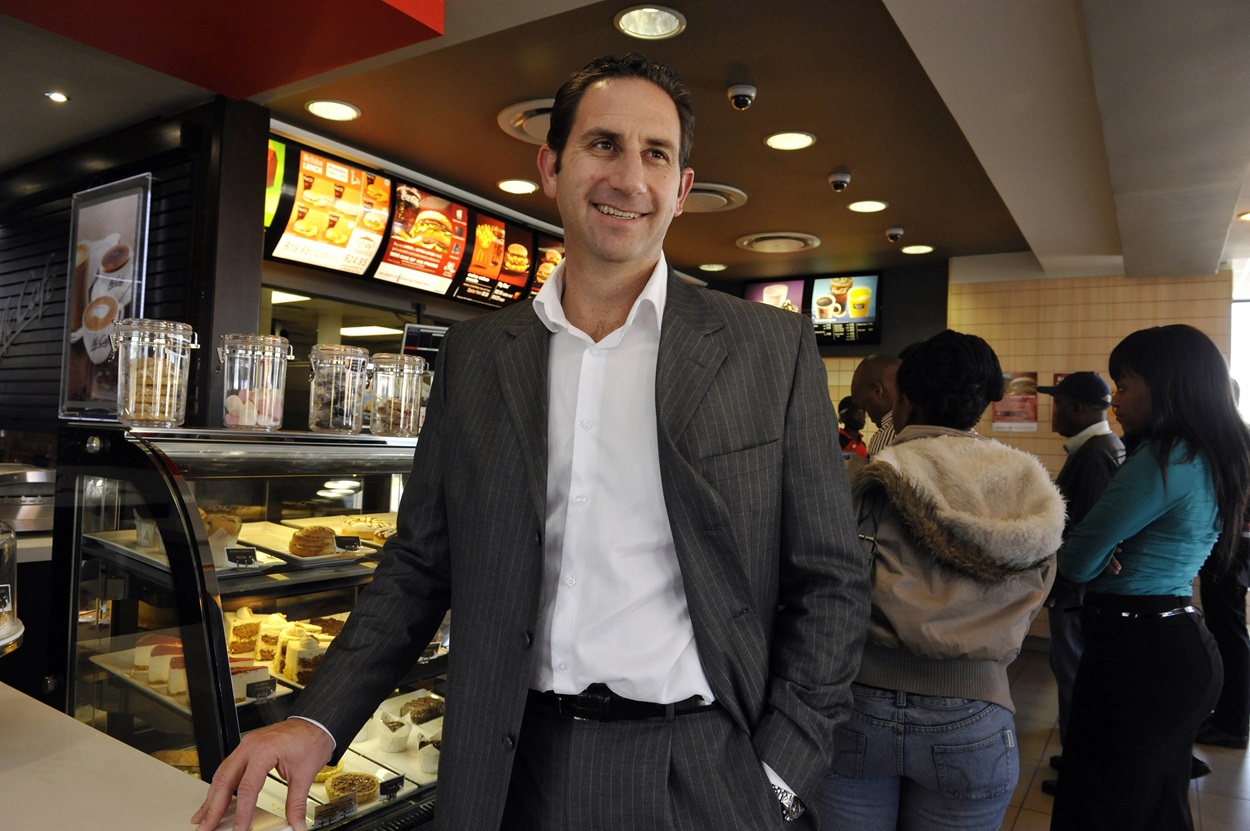According to the Consumer Protection Act overbooking and overselling are not allowed, the National Consumer Commission says.
The National Consumer Commission is now investigating FlySafair for overbooking its flights after a consumer complained on Sunday that there was no place for him on the flight, he booked due to overbooking.
Thato Miles Nsala wrote on X, “So we show up at the airport, and @FlySafair says we don’t have seats for the same flight we paid for. If you have 200 seats, why take payments for 300 passengers?”
FlySafair answered him, saying that it would like to extend its sincerest apologies for the inconvenience and unpleasant experience. “Whilst we understand the importance of passengers reaching their destination on time and on the flight that they have paid for, we do overbook flights to ensure we keep our tickets as affordable as possible for our passengers.
“We do see how inconvenient this can be and therefore offer compensation for passengers that were not able to take the flight they booked. We’d like to apologise to all passengers who have been denied boarding due to overbooking. We know how disappointing this can be. We are committed to transparency and customer satisfaction.”
The National Consumer Commission (NCC) says in a statement released on Wednesday afternoon that it noted concerns in the media, including social media platforms, regarding allegations of FlySafair’s overbooking and/or overselling practices.
Therefore, the NCC initiated an investigation into FlySafair’s conduct of overbooking and/or overselling to assess and review its compliance with sections 19(2)(a), 22 (1)(b), 41(1)(a), 47 and 48(1)(b) of the Consumer Protection Act (CPA).
ALSO READ: Consumer Protection Act and your rights
The Consumer Commission investigates that FlySafair contravened these sections of the CPA
Section 19(2)(a) provides that, unless otherwise expressly provided or anticipated in an agreement, it is an implied condition of every transaction for the supply of goods or services that the supplier is responsible for delivering the goods or performing the services on the agreed date and at the agreed time, if any, or otherwise within a reasonable time after concluding the transaction or agreement at the agreed place of delivery or performance and at the cost of the supplier, in the case of delivery of goods.
According to section 22(1)(b), the producer of a notice, document, or visual representation required in terms of the CPA or any other law must be in plain language.
Section 41(1)(a) provides that suppliers are not allowed to directly or indirectly express or imply by their words or conduct a false, misleading, or deceptive material fact to a consumer when marketing any goods or services.
ALSO READ: Consumer Protection Act: These are the activities that customers are protected from
Overselling or overbooking is not allowed in terms of the CPA
According to section 47, which deals with overselling or overbooking, suppliers are not allowed to accept payment if they do not intend to supply the goods or provide the services or intend to supply goods or services that are materially different from what the consumer paid for.
If a supplier makes a commitment or accepts a reservation to supply goods or services on a specified date or at a specified time and fails to do so due to insufficient stock or capacity or inability to offer similar or comparable goods or services, the supplier must refund to the consumer the amount paid as well as interest at the prescribed rate.
The supplier must also compensate the consumer for costs due to its breach of the contract, except when the shortage of stock or capacity is due to circumstances beyond the supplier’s control and the supplier took reasonable steps to inform the consumer of the shortage of stock or capacity as soon as it could.
However, a shortage of stock or capacity is not “due to circumstances beyond the supplier’s control’’ if the shortage results partially, completely, directly, or indirectly from a failure on the part of the supplier to adequately and diligently carry out any ordinary or routine matter pertaining to his business.
ALSO READ: Consumer wins at the Consumer Tribunal in 2024
Unfair, unreasonable or unjust contract terms not allowed, NCC says
Section 48(1)(b), which deals with unfair, unreasonable, or unjust contract terms, provides that a supplier is not allowed to market any goods or services or negotiate, enter into, or administer a transaction or an agreement for the supply of any goods or services in an unfair, unreasonable, or unjust way.
The NCC says it established communication with FlySafair for the required relevant information to kick-start the investigation.
Hardin Ratshisusu, acting commissioner of the NCC, says the NCC will prioritise this investigation given the nature of the allegations. “Consumers affected by this practice are urged to come forward and provide information that could assist the investigation.”
ALSO READ: FlySafair’s future up in the air: Bid to keep airline flying
Consumers are not happy with FlySafair’s excuses for overbooking
FlySafair shared an article from Forbes about overbooking with the headline “Overbooking airline seats helps everyone when done correctly,” but local consumers were having none of that. These are some of their comments:
- @GregTomaselli: “There is no understanding at all; you really need help. This article is rubbish. It’s theft. I pay for a service; you have to deliver it. You cannot imply you might deliver it. As a customer, I rely on getting to my destination for other important things; your theft impacts other things. The flight is not the end product I’m after, always a knock on effect.”
- @SoulFairy3: “You are digging yourselves into a bigger and bigger hole. STFU and go ask your bosses before you utter another word here. And don’t quote k*k Forbes articles to p*ss off your customers. Basic marketing requires your own policies in these comms.”
- @1One_Many: “I read the article, and it’s nonsense…airlines should operate like hotels; you book a room/seat, and it’s reserved for you even if you don’t show up… The overbooked travellers should be informed from the onset, so that it eliminates misunderstandings and conflict.”
FlySafair has not yet responded to a request to comment on the NCC investigation.














